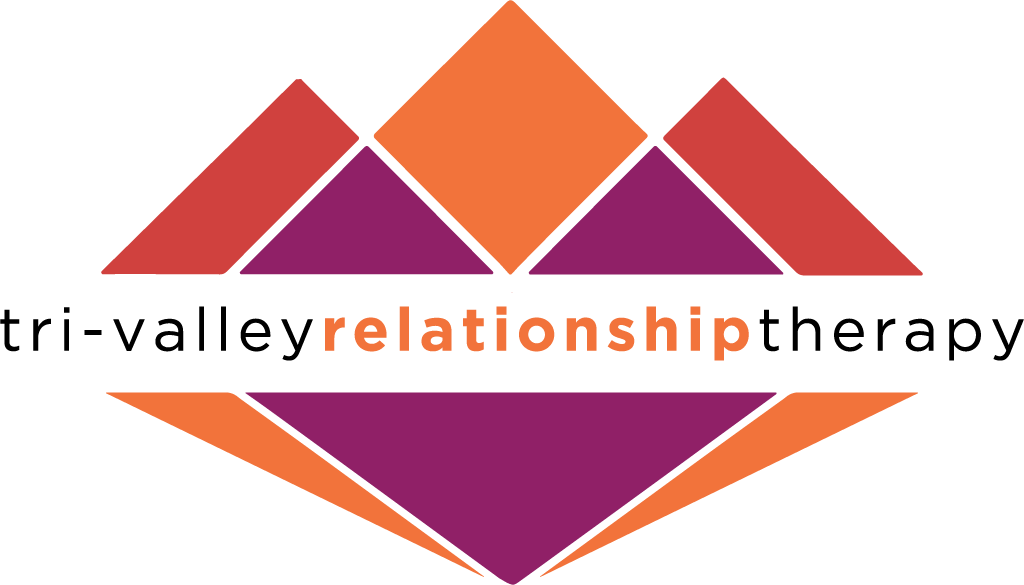Managing Erectile Dysfunction
Erectile dysfunction is a common sexual complaint among men. Sex therapy at Tri-Valley Relationship Therapy, Inc. in the East Bay can help you and your partner overcome sexual difficulties such as erectile issues.
Erectile dysfunction (ED) or the inability to achieve or maintain erections is a very common sexual complaint among men. In the last two decades, the issue has received a lot more exposure because of the availability of Viagra & Cialis as medical interventions for erectile dysfunction. Research has shown a correlation between ED and advancing age. Surprisingly, primary care physicians are noticing an increase in the number of men under the age of 40 experiencing difficulty with erections. This could be a consequence of an overall shift in lifestyle or an increased awareness about the condition and the available treatment options.
In my sex therapy practice, I work with men ranging from experiencing mild/moderate symptoms of ED all the way to complete erectile dysfunction.
Mild or moderate erectile dysfunction
-Characterized by difficulty in achieving an erection and/or maintaining it during sexual intercourse. However, there is no difficulty with nocturnal erections.
Complete erectile dysfunction
-The total inability to obtain or maintain erections during sexual stimulation as well as an absence of nocturnal erections.
There is another classification of the types of erectile dysfunction- lifelong or situational.
Lifelong ED
-Tends to remain constant across the life span, partners, relationships and situations.
Situational ED
-Tends to be situation/partner/relationship specific.
Medical/physical causes of ED
There are a number of underlying medical and physical causes that could contribute to ED or worsen the condition:
Hypertension
Diabetes
High Cholesterol
Side effects of prescription & non-prescription drugs
Radiation/surgery for prostate cancer
Lower spinal cord injuries
As a part of the biopsychosocial evaluation, I routinely recommend my clients to consult with their primary physician for a complete physical examination, in order to rule out any underlying medical/physical causes of ED.
Psychological causes of ED
Especially in cases of mild to moderate ED, there are a number of psychological & relationship factors that contribute to the condition:
Depression-
Men struggling with depression and/or grief experience difficulty with sexual desire and arousal. Depression could have a numbing effect on libido and in turn impact erections.
Performance Anxiety-
Men struggling with ED often experience performance anxiety which is the fear of future sexual failure because of past sexual failure. Due to unhealthy societal messages, myths & stereotypes about male sexuality, there is a great deal of pressure on men to perform. Because of the disproportionate emphasis on penetrative sex, men often find themselves and their penises in the spotlight and very exposed to scrutiny and criticism. A woman’s arousal response of lubrication to sexual stimulation is not as out in the open for display as the firmness of a man’s erection. More exposure and scrutiny leads to greater anxiety.
Low sexual desire-
In the male sexual response cycle, desire precedes arousal. An erection is a male physiological manifestation of arousal. However, desire is often confused with arousal. Many men struggle with low sexual desire due to physical conditions such as low testosterone or diabetes as well as psychological factors such as relationship conflict, work stress, lack of adequate foreplay, internal conflict about one’s sexual orientation or gender identity etc.
Relationship issues-
Extra marital affairs, relationship discord, secrets, diminishing attraction towards partner and uncertainty about commitment towards the relationship are some of the many relational issues that could contribute to ED. At times, unresolved anger and resentment towards partners can make men more prone to experiencing erectile difficulty. Some men are faced with an internal dilemma about casual sexual relationships with partners they don’t intend on being with in the long-term. In such cases, inability to achieve or maintain erections serve as a solution to their internal conflict.
Tips for managing ED
Willingness to examine one’s relationship & feelings-
Contrary to popular belief, a man’s heart and his penis are connected!! Both partners’ feelings, irrespective of gender, create a climate or a context for sexual intimacy. Especially as men get older, that climate or context becomes very important for sexual intimacy. Men struggling with ED could benefit from examining the quality of their relationships and also the nature of their feelings towards their partner. Willingness to have sex is a prerequisite for a good sex life.
Managing anxiety-
Having open and direct conversations about performance anxiety with a partner that is understanding, non-judgmental, supportive, accepting and unconditionally loving can help to alleviate fear of future sexual failure. The response of the partner of the man struggling with ED plays a crucial role in the couple being able to work through this issue. It also helps the male partner to relax and be present in the moment.
Expanding the sexual repertoire-
Engaging in sexual play that does not involve penetration and experimenting with sexual behaviors that are not solely erection-focused can not only help to build a couple’s sexual repertoire but also build a man’s confidence. Realizing that penetrative sex is not the only way to pleasure a partner can relieve the pressure to perform as well as boost a man’s self-perception of being an adequate & skilled lover!
Written by: Nagma V. Clark, Ph.D., L.P.C.C. specializing in sex therapy, couples therapy & marriage counseling, premarital counseling, individual relationship therapy & LGBTQQI couples counseling at Tri-Valley Relationship Therapy, Inc. in the East Bay, in Dublin & Oakland.
If you or your partner would like to enhance your sexual connection or need help with a sexual issue or concern, sex therapy at Tri-Valley Relationship Therapy, Inc. in the East Bay can help. Dr. Clark has advanced & specialized training in sex therapy and she has helped many couples & individuals resolve their sexual concerns.
Call 925-400-3541 or email doctor.nvclark@gmail.com to schedule a free 30 minute phone consult or fill out the contact form and you will be contacted within 12-24 hours.

